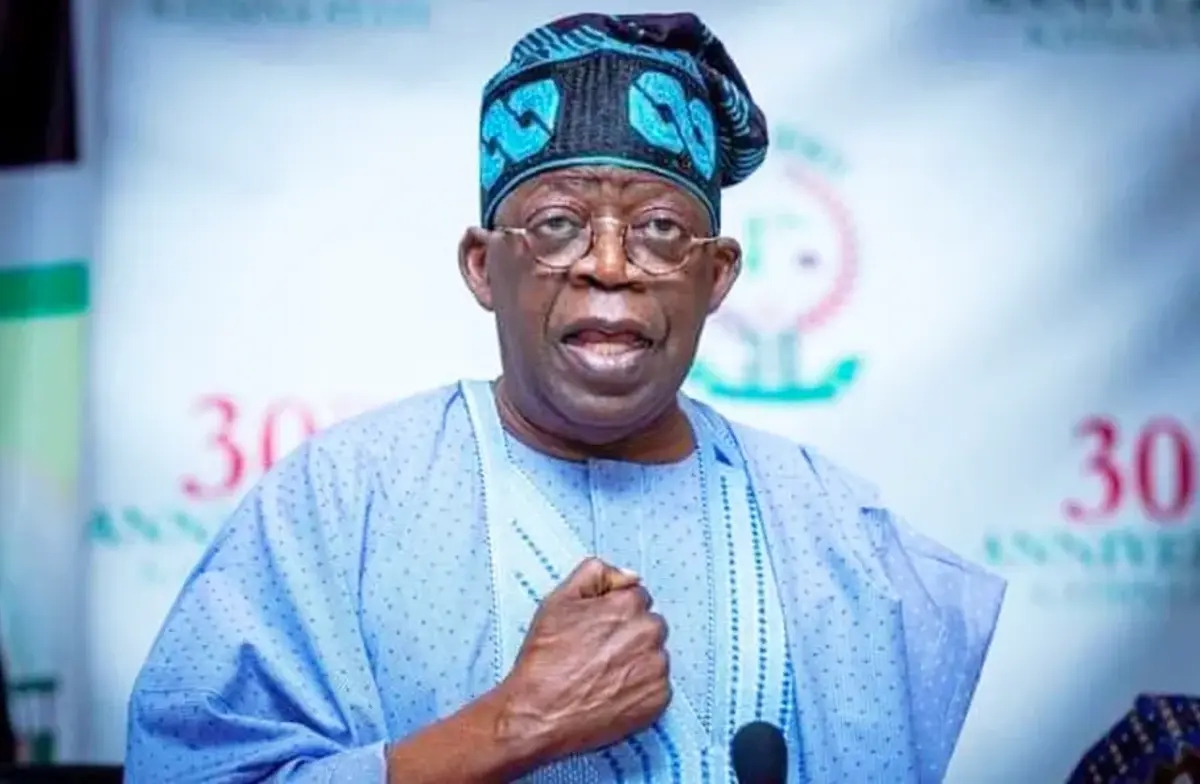
TINUBU’S 100 DAYS OF STEADY PROGRESS AND NATIONAL REJUVENATION
President Bola Ahmed Tinubu took office exactly one hundred days ago after being graciously chosen as our nation’s 16th president by the good people of Nigeria.
President Tinubu has been working diligently to fulfil his campaign commitments as stated in his Renewed Hope Agenda for a Better and Greater Nigeria since May 29.
The President started the process of reviving our battered economy after realising that our nation was in a precarious position due to our public debts, both domestic and foreign, as well as an unsustainable fuel subsidy regime that had left a pitiful gap in our public finances for several decades, rendering the three tiers of government insolvent and unable to meet the needs of the people.
To prevent an epic national economic disaster, President Tinubu made the brave and gutsy choice to end the fuel subsidy. The threat of fuel subsidies has lingered over Nigeria for many years. It prevented growth and caused the nation to start borrowing.
President Tinubu took additional steps to converge the various foreign exchange markets, in addition to eliminating subsidies.
While these two vital steps to save the country from hitting the rocks brought momentary discomfort to Nigerians, President Tinubu has never failed in his appeal to Nigerians to see the current inconveniences as a price we must all pay to save our country from disappearing. Considering the people’s pains, the government rolled out intervention programmes to help cushion the unintended negative impacts of the reforms. These interventions include working out a minimum wage and salary increase, supporting states and local governments to enable them to cater for the most vulnerable among us, providing fertilisers to farmers, grains to households, cash transfers to people with low incomes. In addition to these, there are plans to roll out over 11,000 CNG buses for affordable public transportation among others.
While striving to reduce the impact of the high cost of living on the citizens, President Tinubu has focused on redirecting our economy and removing the impediments to productivity and competitiveness so that the real sector can grow and create millions of decent jobs that are essential for long term economic growth. In the last 100 days, the government set up a Tax and Fiscal Reforms Committee that is fully at work to deepen the ongoing reforms and reposition the national economy for long-term sustainability. A renowned Tax and Fiscal Policy expert is leading this committee. Part of the committee’s mandate, working with the state governments, is to simplify our complicated tax system, eliminate multiple taxes, streamline regulations that negate the ease of doing business, and close the over 20 trillion annual tax gap. To ensure that Nigerians and businesses are not burdened with new taxes, the administration will promote efficiency in revenue collection. It will expand the tax net by ensuring that those not paying are made to pay while those not paying the correct amount are made to pay their fair share.
President Tinubu has laboured to advance political stability in Nigeria over the past 100 days because he is aware that progress and development cannot occur without peace.
By better managing our diversity, the administration has stabilised the political system and decreased tensions brought on by racial and religious agitations. According to President Tinubu, Nigeria’s diversity may be used as a strength to advance the country. President Tinubu made sure that there was equality in all appointments to important government positions, including those of service chiefs from all regions of the nation, in order to reinforce the ties of social peace and national unity.
